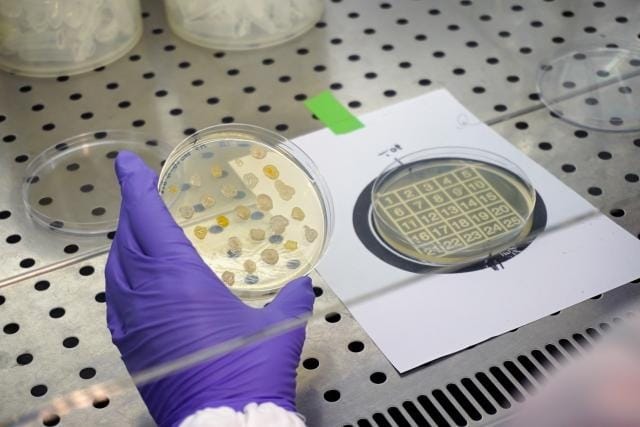EU launches €253 million partnership to combat antimicrobial resistance
EU-supported partnership unites 53 organisations across 30 countries to fight AMR

The European Union has launched a new €253 million research partnership to fight antimicrobial resistance (AMR), one of the most pressing global health threats. The Partnership on One Health Antimicrobial Resistance (OHAMR), co-funded by Horizon Europe with €75 million, will run for 10 years and unite 53 organisations from 30 countries.
“Europe is ready to lead in the global fight against antimicrobial resistance. This partnership embodies our commitment to step up, innovate, and protect the foundations of modern medicine,” said European Commissioner for Startups, Research and Innovation, Ekaterina Zaharieva.
AMR, sometimes referred to as “the silent killer”, already causes more than 35,000 deaths annually in the EU and 1.27 million worldwide, with projections reaching up to 10 million per year by 2050. It emerges when bacteria, viruses, or other microbes develop resistance to treatments, often due to misuse of antimicrobials and poor infection control.
Led by the Swedish Research Council, OHAMR will use a One Health approach linking human, animal, and environmental health. Planned activities include joint research calls, capacity building, improved data use, and translating scientific knowledge into policies and practice.
The initiative builds on over a decade of EU-funded AMR research, including the Joint Programming Initiative on Antimicrobial Resistance. It also supports the EU’s One Health Action Plan against AMR and contributes to the bloc’s 2030 Strategy for European Life Sciences.
The growing problem of AMR was highlighted in last year’s political declaration at the UN General Assembly, which set ambitious targets: a 10% reduction in global AMR-related deaths by 2030 and a significant cut in antibiotic use within the agri-food sector.
